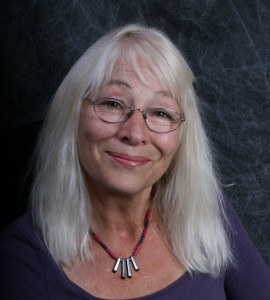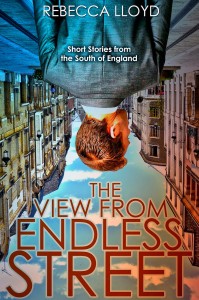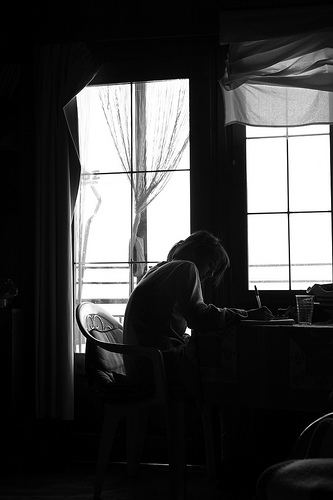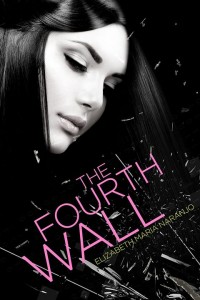
Image from Flickr by foxypar4
It’s hard to believe, but the launch date for The Fourth Wall is less than a week away. I remember scribbling in a little spiral notepad the idea for this book nearly three years ago. I still have the notes, and it’s funny to look back at my original vision and see how much has changed. The only thing I seemed to know for sure was how it would end.
That’s the great part about writing fiction–you can choose your own endings. When it comes to publishing fiction, at least in the traditional sense, you can work hard to influence the ending but you don’t get to choose it. Ultimately it’s up to a publisher whether or not your book ends up on bookshelves, so when you get that kind of happy ending, you have to throw a party.
You’ll come help me celebrate, right? OF COURSE you’re invited. And I’m bringing cupcakes…
BOOK LAUNCH PARTY FOR THE FOURTH WALL
Tuesday, July 8 at 7 p.m.
Changing Hands Bookstore
6428 S McClintock Dr.
Tempe, Arizona
Reading, Signing, Cool Giveaways
And did I mention cupcakes?

















Connect With Me